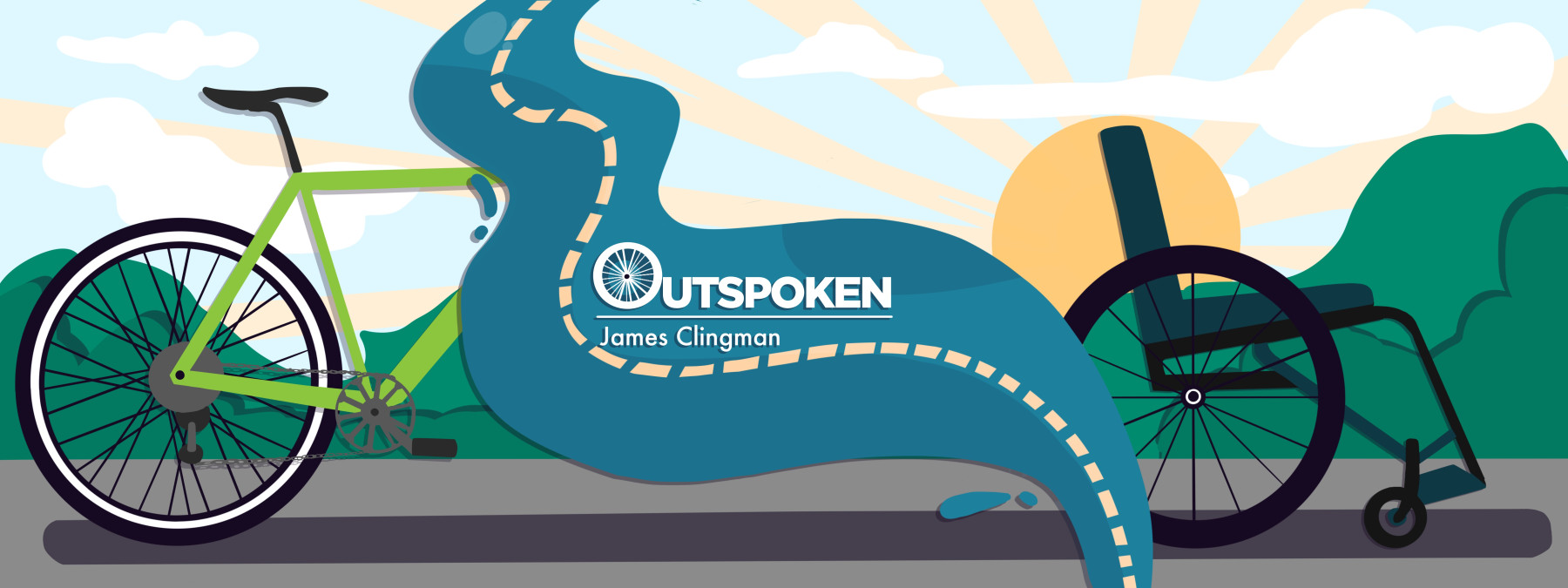Preparing for accidents that will happen, guaranteed
Questions and advice on our common fear that something will go wrong

Accidents can and will happen. Do you have a plan for when they do?
The two accidents I’ve feared the most since being debilitated with ALS are getting scalded in the shower and smashing my toes against the wall or any other object when I’m in my wheelchair.
I saw a YouTube video about a young ALS patient whose feet were immersed in water that was too hot, but he couldn’t get the caregiver’s attention to remove his feet from the water. He suffered serious burns from that accident.
I’ve had a couple of minor hot water issues, and smashed toe accidents, too; fortunately, I had no long-term effects. Still, one emotion that accompanies being totally vulnerable is fear. It’s always there, lurking in the shadows and ready to jump out anytime.
My recent thoughts on accidents and incidents have turned to other possibilities — namely, that something could happen to our caregivers. While leaning back in the shower one day, I thought about my attendant slipping and hitting her head. What would I do if she were unconscious? How would I right myself? I can’t lean back for too long because of my shallow breathing and weak diaphragm. I need my Trilogy breathing equipment during extended periods of being on my back.
A myriad of accidents can happen to patients and caregivers. How can we reasonably prepare for those contingencies? During the few times most ALS patients are alone, any number of life-changing events can occur.
I saw a video of a man whose wife takes care of him. After attending to him, she left him alone in his wheelchair for what she thought would be a relatively short period of time. When she returned, he was slumped forward with his head leaning down, which made it hard for him to breathe. His wife said he would’ve died had she not come back when she did.
One of my constant thoughts and concerns is about my wife having an accident either when she’s home or away. She’s been my primary caregiver. If she were unable to do that any longer, it’d be catastrophic. I have no other family members or friends who could step in to fill the void, so I’d thus be relegated to a nursing facility, in which I’d spend my last days.
Readiness with awareness
So accidents, although they can’t all be stopped, must figure in to our plans for what we’ll do in an emergency. Some questions we could face:
How will we contact someone to help us if we find ourselves in an untenable position?
How much can we prepare for the unknown? Is there a way for the fire department to know that you have ALS and require priority response? Is there a neighbor who can check on you regularly? Do you have a backup plan for power outages?
What would we do if our lifelines malfunction — meaning our cellphones and eye-gaze computers? Is there some hands-free, voice-activated device available in our area? Some of us have no or few emergency resources, especially proactive resources, that we can depend on.
Here’s some advice that may help you prepare.
You should do a situational analysis of your environment to identify your weaknesses and then address each one. For instance, should caregivers have an accident and be immobile but conscious, a push-button emergency device would be a good tool for them.
Second, you should have a visible note in your car to the police or fire department, advising them that you’re at home with ALS and need help. How about an alarm in the house that sounds every 10 minutes or so to alert the caregiver that you’re alone and should be checked? Last one: If it’s allowed in your community, install an outside alarm or an LED light that flashes to alert passersby.
This issue is a serious one for all ALS patients. When we’re aware that accidents can and will happen, the least we can do is look for ways to ameliorate or mitigate them.
Please share your suggestions below on how to prepare for accidents. And have a safe holiday season.
Note: ALS News Today is strictly a news and information website about the disease. It does not provide medical advice, diagnosis, or treatment. This content is not intended to be a substitute for professional medical advice, diagnosis, or treatment. Always seek the advice of your physician or other qualified health provider with any questions you may have regarding a medical condition. Never disregard professional medical advice or delay in seeking it because of something you have read on this website. The opinions expressed in this column are not those of ALS News Today or its parent company, Bionews, and are intended to spark discussion about issues pertaining to ALS.








John Saltmarsh
I’ve had ALS for 8 years, I have lost the ability to balance, walking without assistance, control my silva & mucus, speaking & swallowing is difficult. My worry is falling over and getting back on my feet.